What are little boys made of?
What are little boys made of?
Frogs and snails
And puppy-dogs’ tails,
That’s what little boys are made of.What are little girls made of?
What are little girls made of?
Sugar and spice
And everything nice,
That’s what little girls are made of– Robert Southey
We’ve all heard this before.
And, like it or not, society and the media are rampant with similar imagery of gender stereotypes. Little boys play with trucks and trains, roll around in the mud, climb trees, shoot water pistols, throw balls. Little girls dress up Barbie dolls, pretend to be fairies, twirl around like ballerinas, host tea parties for their friends.
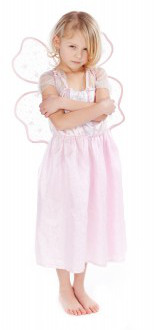 So when you discover your son trying on your pearl necklace, your first reaction is to take it away with an “Only girls wear things like that” remark. Or if your daughter is pretending to be Luke Skywalker – wielding an umbrella-like a lightsaber and running around the house – you chastise her: “Don’t be so rough. Little girls shouldn’t play like that.”
So when you discover your son trying on your pearl necklace, your first reaction is to take it away with an “Only girls wear things like that” remark. Or if your daughter is pretending to be Luke Skywalker – wielding an umbrella-like a lightsaber and running around the house – you chastise her: “Don’t be so rough. Little girls shouldn’t play like that.”
It’s fairly common to feel that way as parents – after all, even in increasingly liberal Singapore, we worry about whether such inclinations are any indication of our child’s sexual identity, and we struggle about when to step in and when to let things be.
According to Dr David Hill, author of “Dad to Dad: Parenting Like a Pro”, it’s perfectly fine to let young boys pretend to be a princess or girls climb trees, as your young child is merely experimenting with gender roles he has observed.
Toddlers, especially, are just starting to make sense of their world, which includes sex-specific roles in their environment. They get their cues from their parents, certainly, but also from other family members, friends and the media.
It won’t be until they are 5 to 6 years old that they understand social norms and expectations based on gender, so don’t hurry them to “fit in” just yet.
Don’t saddle children with gender expectations
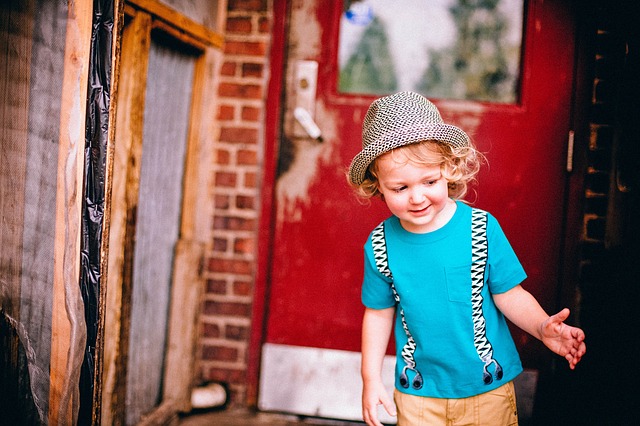
Says Dr Hill. Let them experiment freely during playtime. In fact, caring for a ‘sick’ baby doll can be a good way to develop empathy. And playing police and thieves can teach important skills like taking turns, setting physical limits, and understanding cause and effect.
Heather Shumaker, author of “It’s OK Not to Share” takes a similar view. She notes that our culture today seems to endorse girls taking on both sides of gender roles (e.g. girls can pretend to be a princess OR a dinosaur), but imposes stricter expectations on boys (e.g. boys cannot dress up with ribbons).
She asserts “Kids are trying out ideas and roles. A preschooler’s job is play and exploration. We need to encourage creative play, especially at this young age, not squelch it.”
According to her, the opportunity to take on various roles in pretend play allows children to develop an awareness of other perspectives. This ability to look at the same situation from different perspectives (as a doctor, nurse, or patient, for example) teaches children empathy and empowers them to explore the whole spectrum of their world.
She adds an important point, “Don’t project onto the future”.
Young kids are not living out their future right now, it’s all about the here and now for them. How your child chooses to play now cannot “make” him or her gay. Society widely acknowledges that homosexuality is a complex issue, with genes and the environment being key factors, however, preschool-age children are far too young to be classified either way and shouldn’t be boxed in before their time.
Instead, our most important role as parents is to offer our precocious toddler the unconditional love, respect and support that he needs in order to feel secure and safe to explore the world.
Don’t swing to the other extreme either, and fill your son’s room with dolls or your daughter’s room with trucks, just to remove any form of gender stereotyping in your household.
The key is to give your child options and to allow him to choose what interests him most. Then, follow his lead.
By Dorothea Chow.
A Girl’s Body, A Mind of a Boy
Watch this video on how The Whittington Family embraced Ryland with unconditional love.
* * * * *
Like what you see here? Get parenting tips and stories straight to your inbox! Join our mailing list here.
Want to be heard 👂 and seen 👀 by over 100,000 parents in Singapore? We can help! Leave your contact here and we’ll be in touch.











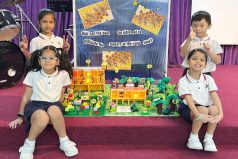



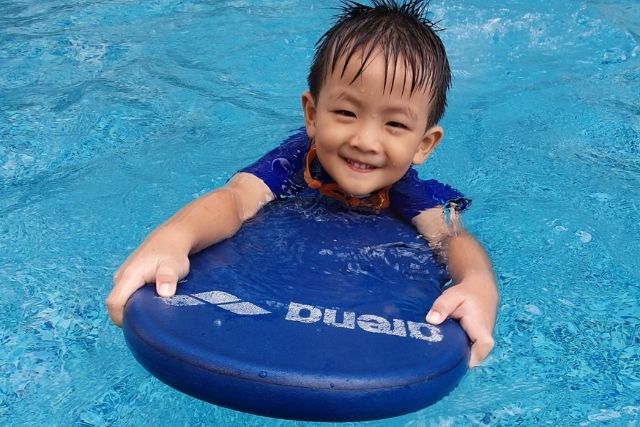











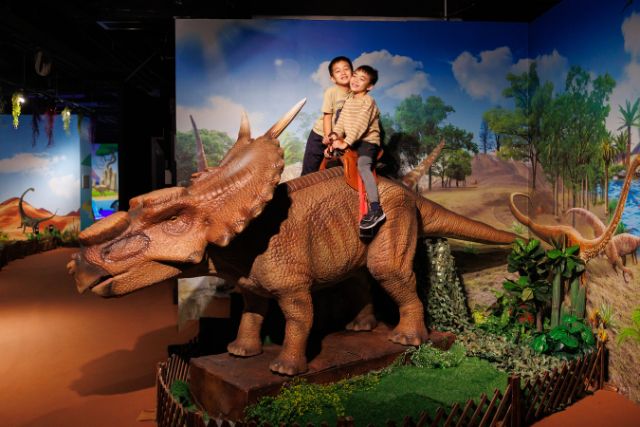
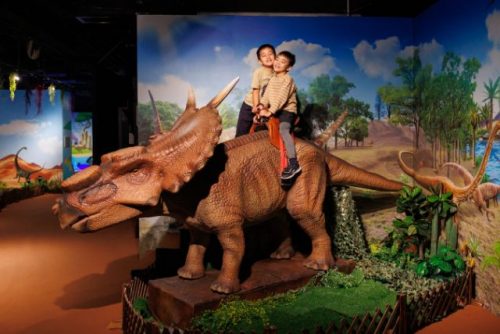










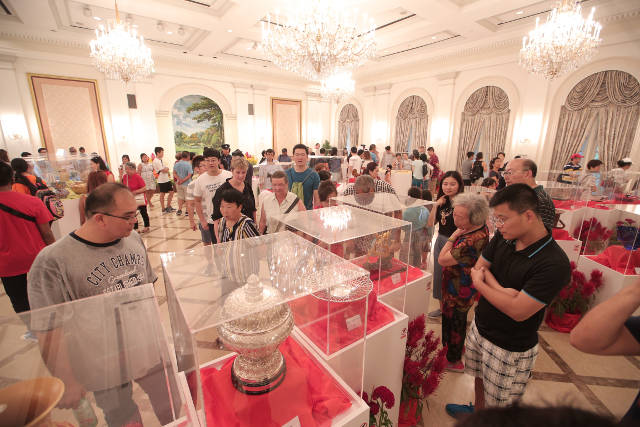
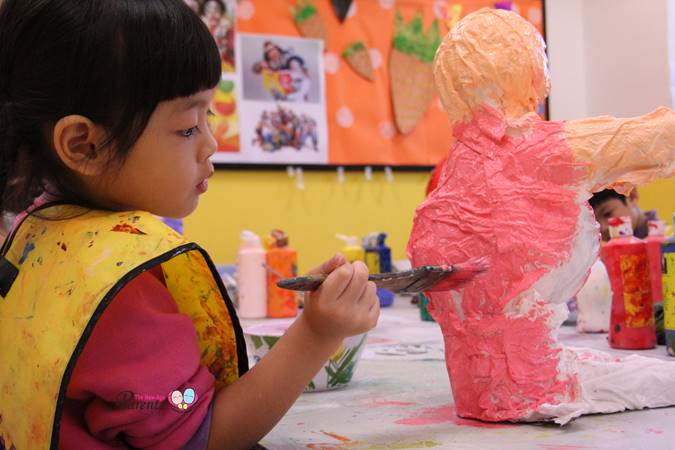







Leave a Comment: